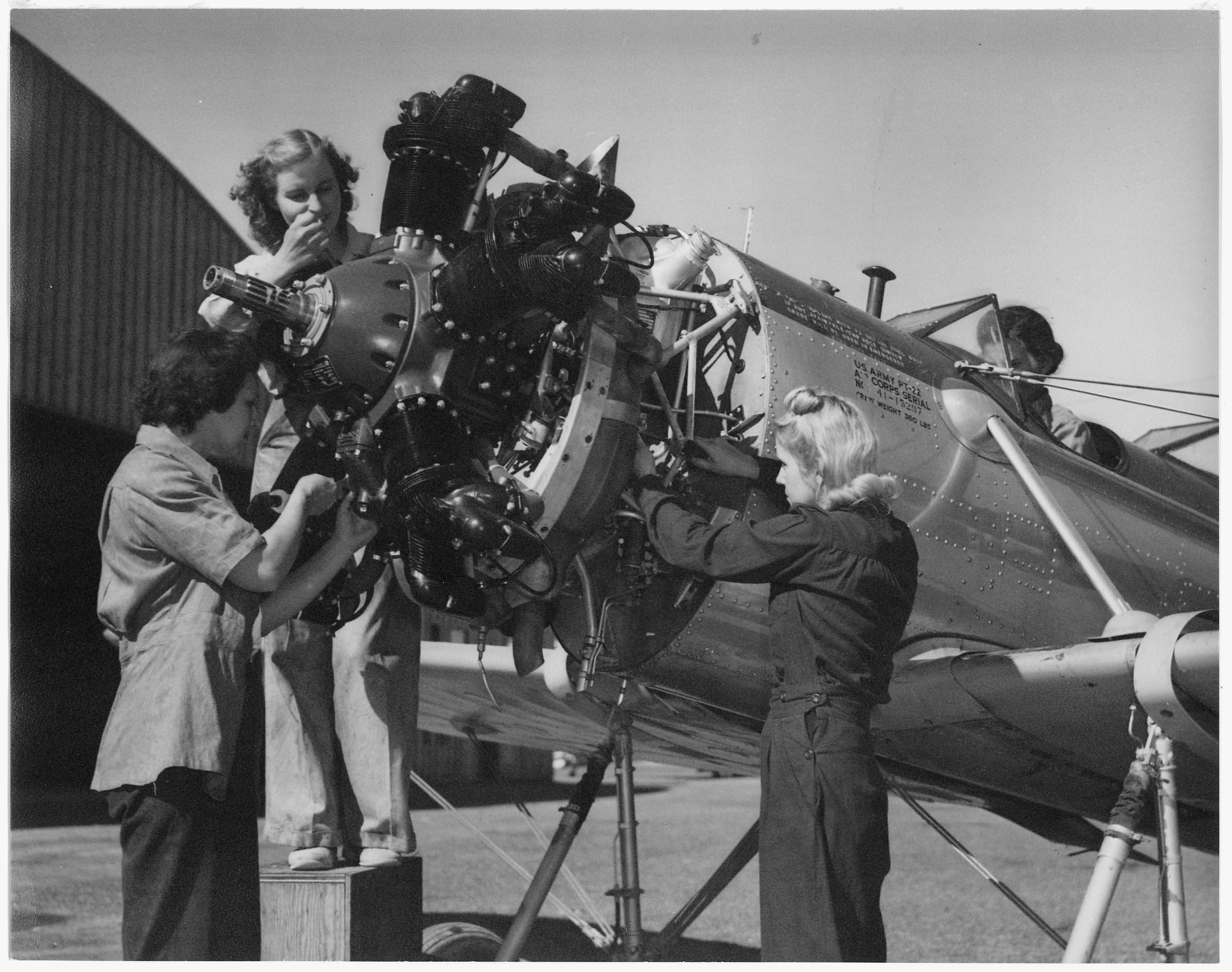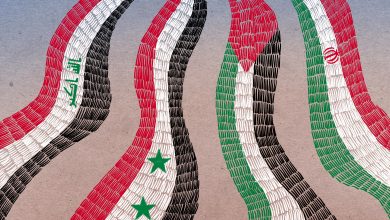Women on the Frontline

Image from Series: Franklin D. Roosevelt Library Public Domain Photographs via Flickr / CC BY 2.0
*This article represents the personal opinion of someone in the army, not the opinions of the army itself. The subject only discusses her own experience. Furthermore, the name of the subject has been altered in order to protect her privacy.
In this day and age, paying for college is no easy task. And for Clara, neither is turning away from a challenge. Thus, when told by a peer that she couldn’t join the army due to her being a woman, she took it upon herself to prove him wrong. Clara’s discipline and ambition, compounded with the many opportunities that would be accorded to her as a result of joining the Reserve Officers’ Training Corps (ROTC), led to her initial interest that would be actualized in the next years of her life. Clara looked into the recruiting process and, shortly after, committed to joining the ROTC program at a small engineering college.
Currently, Clara is assigned to a medical unit in the California National Guard with the role of platoon leader and preventive medicine officer. Specifically, Clara evaluates risks in the field and also risks that can be avoided for other soldiers who have yet to be deployed. For instance, she makes certain they have the correct vaccinations and current physicals to confirm that they are in good health. She is also in charge of field hospitals and helps other units in California stay medically ready to deploy by setting up and running clinics for periodic health assessments. In her present position, Clara has quite a lot of responsibility and agency, but this was not always the case.
Before becoming an officer, Clara was an enlisted soldier in the army. She notes the stark difference between being enlisted and being an officer: in the military, there is a perceived difference in social hierarchy between enlisted personnel and officers. However, the same general standards theoretically apply to men and women of both enlisted and officer ranks. Aside from differing physical requirements, men and women are told to expect the same treatment when in uniform. However, just as men and women tend to have very different experiences within civilian society, they lead very different lives in uniform.
According to Clara, obvious differences between men and women in the army start with the physical. For example, cisgender women such as Clara, as well as those who were assigned female at birth but no longer identify as such, have to deal with the untimeliness of getting one’s period in the field – quite an inconvenience in the case of more painful and hormonal cycles. Clara also discloses parallels between the army and civilian society, pointing out that when a woman is promoted and therefore given more power, rumors tend to spread that she used her sexuality to reach a position of authority, which is never the case with her male counterparts.
Clara notes that the inequality between genders within the army is exacerbated due to women being the minority. Perhaps women in the civilian world have similar experiences of inequality, but at 13.6 percent, there are simply far fewer women in the army with whom to organize and demand greater accountability.
For Clara, the hardest part about being a woman in the army is maintaining the balance between asserting her femininity while also garnering respect equal to that of her male peers, a task frequently requiring her to distance herself from her identity as a woman. This difficulty can manifest itself in a situation as simple as walking in uniform: is she walking in an overly masculine manner? Or in a way that is not masculine enough? Even as an officer, Clara notes that what makes a man a good leader renders a woman a shrew – something that isn’t just limited to the army.
Clara mentions that the disparate physical requirements between men and women contribute to the inequality within the army. Army Regulation 670-1 outlines the basic rules and regulations when it comes to appearance. In the case of cosmetics, men are forbidden from wearing any product, whereas “females may wear cosmetics if they are conservative and complement the uniform and their complexion,” an expectation that is highly subjective. These expectations touch on the difficult balance between masculine and feminine – a woman can wear makeup, but only if it is complimentary and not too girly.
Despite the difficulties of being a woman in the army, Clara would not trade her situation for anything in the world. Clara’s position of power allows her to be an inspiration to women – army and civilian alike – and that is part of what makes her experience so rewarding.




